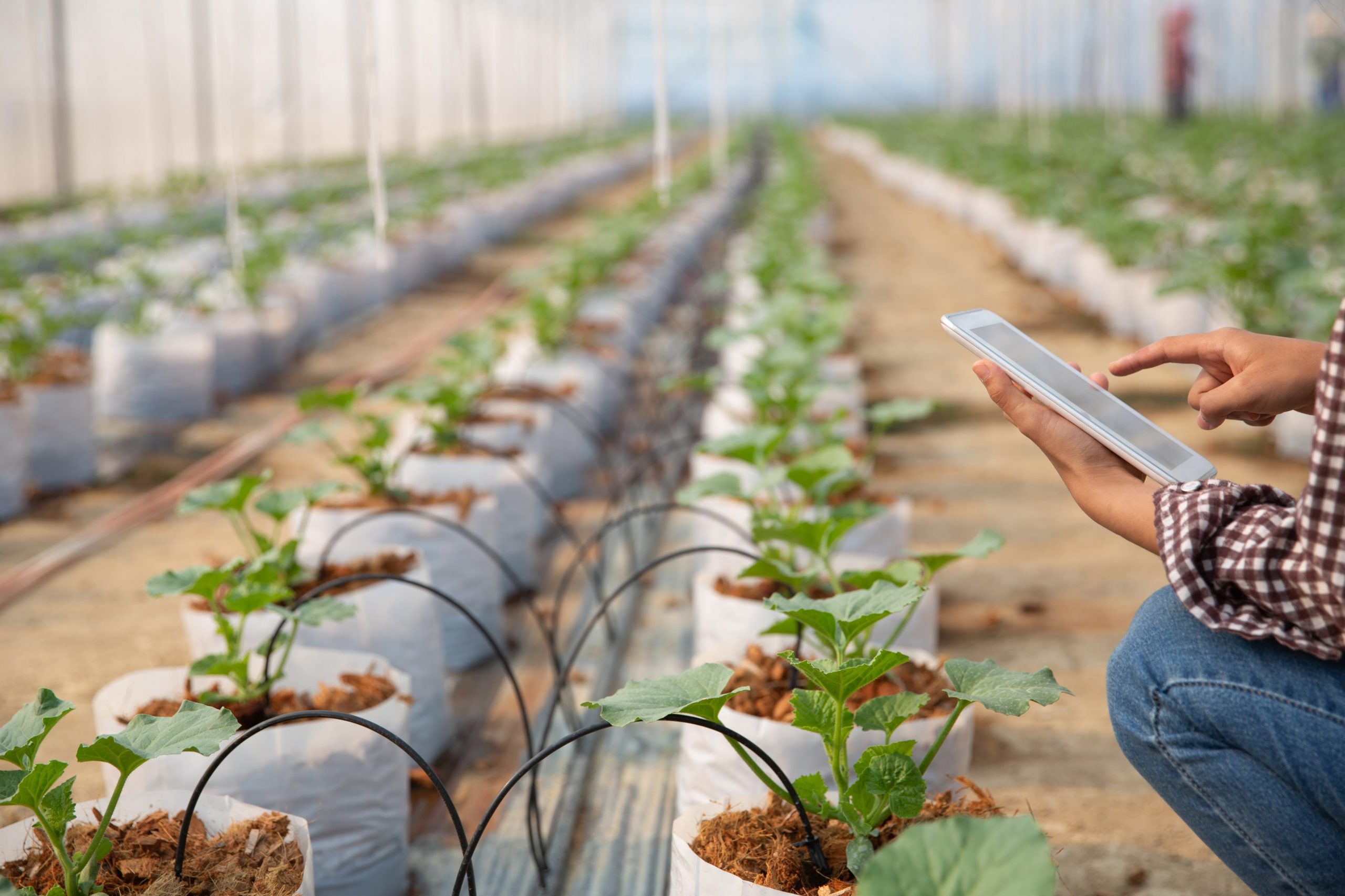Sustainable Food Production: Exploring Solutions with Agritech
In a world grappling with growing populations, climate change, and depleting natural resources, the future of food production presents a critical challenge. As traditional agricultural methods struggle to meet the demands of a burgeoning global population, innovative solutions are needed to ensure food security, reduce environmental impact, and promote sustainable practices. This is where agricultural technology, or agritech, steps in. Agritech holds the promise of transforming the way we produce, distribute, and consume food. In this blog post, we delve into the exciting realm of agritech and how it is providing sustainable food production solutions.
The Need for Sustainable Food Production
The current agricultural landscape faces numerous challenges that threaten its ability to sustainably feed the world’s population. Conventional farming practices often result in soil degradation, excessive water consumption, and deforestation. Moreover, unpredictable climate patterns further exacerbate these issues. To address these challenges, a paradigm shift towards sustainable food production is imperative. Agritech emerges as a beacon of hope, offering innovative solutions to minimize the environmental impact of agriculture while maximizing productivity.
Vertical Farming and Controlled Environment Agriculture
One of the most groundbreaking concepts in agritech is vertical farming. This practice involves growing crops in stacked layers within controlled environments, such as warehouses or skyscrapers. Vertical farming eliminates the need for vast expanses of arable land and reduces transportation costs by bringing food production closer to urban centers. Through precise control of light, temperature, humidity, and nutrient delivery, vertical farms can achieve year-round cultivation with significantly less water and pesticides. This approach not only ensures a consistent supply of fresh produce but also reduces the carbon footprint associated with traditional farming.
Precision Agriculture and Data-Driven Insights
Precision agriculture leverages advanced technologies such as GPS, sensors, drones, and satellite imagery to optimize resource use and enhance productivity. Farmers can collect real-time data on soil moisture, nutrient levels, and crop health, allowing them to make informed decisions about irrigation, fertilization, and pest management. By applying inputs only where and when they’re needed, precision agriculture minimizes waste and environmental impact. Additionally, data-driven insights enable farmers to adapt to changing conditions quickly, leading to higher yields and reduced production costs.
Biotechnology and Genetic Engineering
Biotechnology plays a pivotal role in shaping the future of agriculture. Genetic engineering allows scientists to develop crops with enhanced traits, such as drought resistance, disease tolerance, and improved nutritional content. These genetically modified organisms (GMOs) have the potential to increase yield and reduce the need for chemical interventions. However, GMOs also spark debates about their safety, ecological impact, and ethical implications. Striking a balance between technological advancement and responsible use is crucial for realizing the full potential of biotechnology in sustainable food production.
Smart Water Management For Sustainable Food Production
Water scarcity is a pressing concern in agriculture, particularly in regions prone to drought. Agritech offers innovative solutions for efficient water management, such as sensor-based irrigation systems. These systems monitor soil moisture levels and weather patterns in real time, adjusting irrigation schedules accordingly. By minimizing water wastage and optimizing irrigation, farmers can conserve this precious resource while maintaining crop health and productivity.

Robotics and Automation Used In Sustainable Food Production
Automation is transforming various industries, and agriculture is no exception. Robotic systems can perform tasks like planting, harvesting, and sorting with precision and efficiency. This not only reduces the need for manual labor but also minimizes crop damage and waste. Additionally, robots can work in challenging environments where human labor is limited, such as extreme temperatures or hazardous conditions. As agritech continues to advance, we can expect more sophisticated and adaptable robotic solutions to revolutionize farming practices.
Blockchain and Supply Chain Transparency
Ensuring the authenticity and safety of food products is crucial for both consumers and producers. Blockchain technology provides a transparent and immutable record of every stage in the supply chain, from farm to table. This transparency helps prevent fraud, ensures fair payments to farmers, and allows consumers to trace the origin of their food. By fostering trust and accountability, blockchain enhances the sustainability of food production and distribution.
Conclusion
The future of food production is intrinsically linked to our ability to adopt sustainable practices that mitigate environmental impact while meeting the demands of a growing global population. Agritech emerges as a transformative force in achieving this delicate balance. Through innovations like vertical farming, precision agriculture, biotechnology, and smart water management, we can revolutionize the way we produce, distribute, and consume food. However, the responsible and ethical deployment of these technologies is paramount to ensuring a future where sustainable food production is a reality. By embracing agritech, we can pave the way for a more resilient and nourished world.

Any comments?